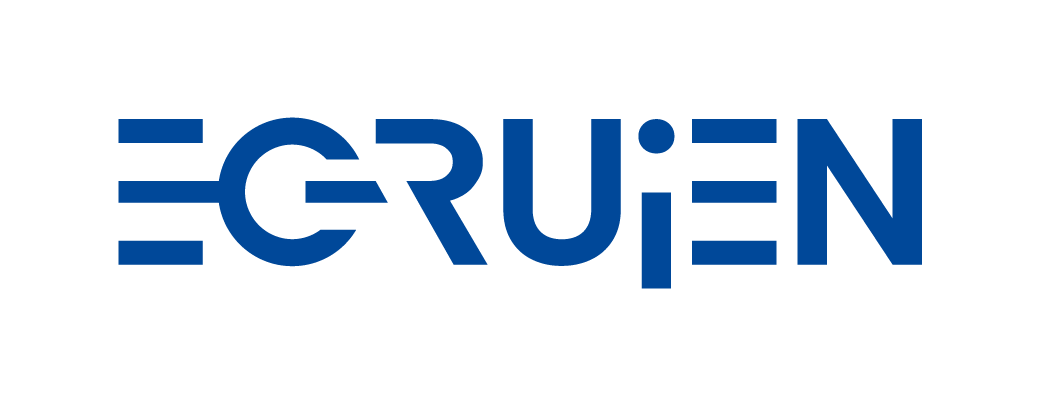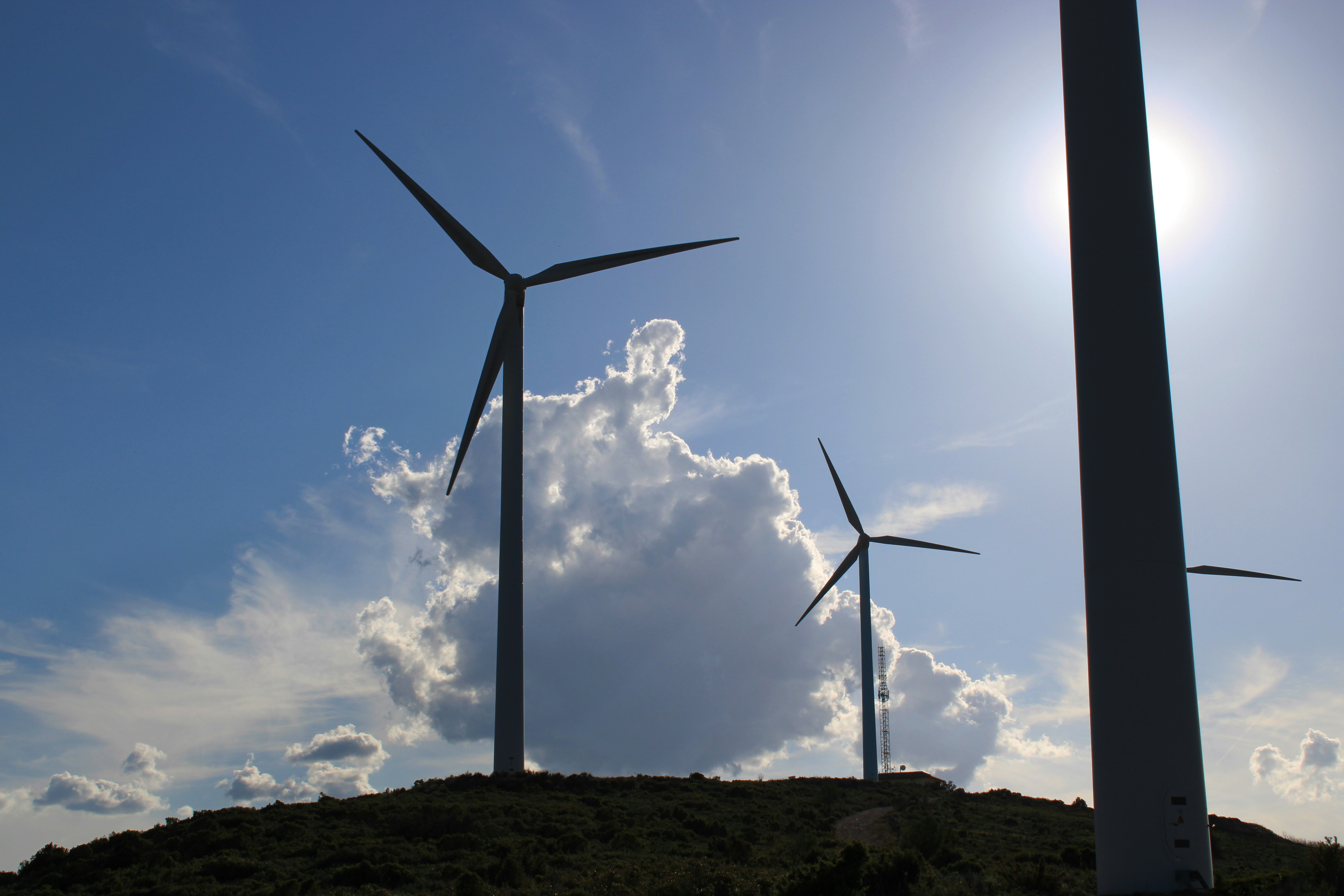Studying the energy sector in times of twin transition
Why energy?
Energy is the foundation for all other sectors of the economy – from transport and industry to services and daily life. It is also an area where change is especially rapid:
For the fossil fuel sector, the challenge is managing decline – closing mines and power plants, retraining workers, and compensating communities dependent on extraction.
For the renewable energy sector, the challenge is managing expansion – developing new technologies, securing access to skilled labour, and building new structures of representation and dialogue.
Both processes – phasing out “old” energy and building “new” – require effective social dialogue to avoid tensions and ensure a just transition.
Twin transition and the future of work
The twin transition brings technological, organizational, and social changes. In the energy sector this means:
New forms of employment – from stable, long-term jobs in traditional energy companies to an increasing share of non-standard work linked to renewable energy projects.
New skills – digitalisation of energy systems (e.g. smart grids, data management) demands upskilling and new competences.
Shifts in power relations – traditionally strong unions in the energy sector now face new players and new forms of worker representation.
This makes the energy sector a laboratory for understanding how the twin transition is transforming the world of work.
What do we study in WP4?
Within Work Package 4 we:
Analyse data – statistics, legal and institutional frameworks, and the positions of social partners in 9 European countries.
Conduct interviews with workers’ and employers’ representatives and institutions to understand strategies towards the green and digital transition.
Organise focus groups with social dialogue actors to co-produce future pathways of dialogue adapted to the realities of transformation.
Why does it matter?
Without energy there is no development. But without social dialogue, the energy transition risks deepening inequalities and generating conflicts. Research carried out in WP4 seeks to show how social dialogue functions (or fails) in times of disruption – and how it can be strengthened.
The aim is not only to understand current processes but also to co-create new opportunities for social dialogue that will help the energy sector navigate the twin transition in a way that is just, inclusive, and future-oriented.

